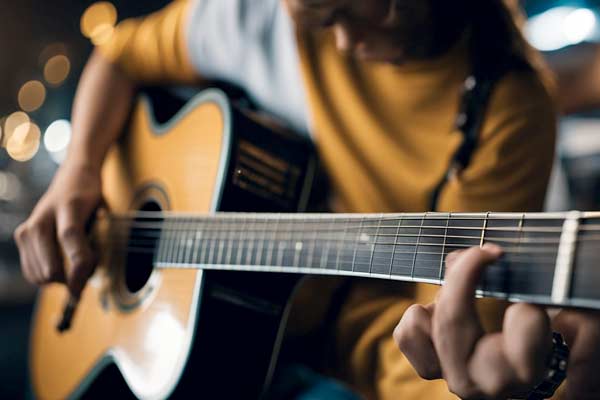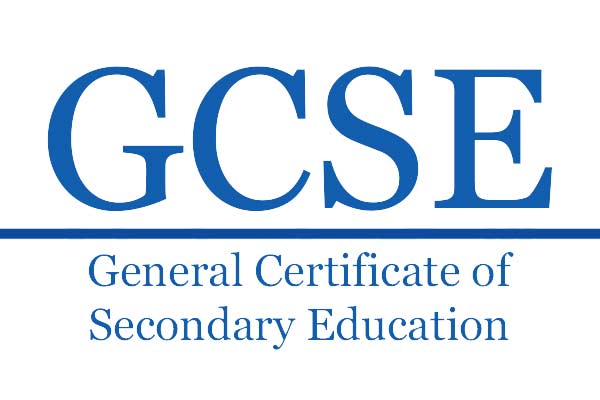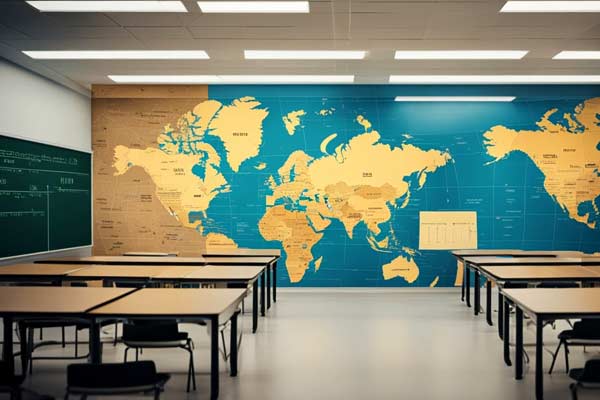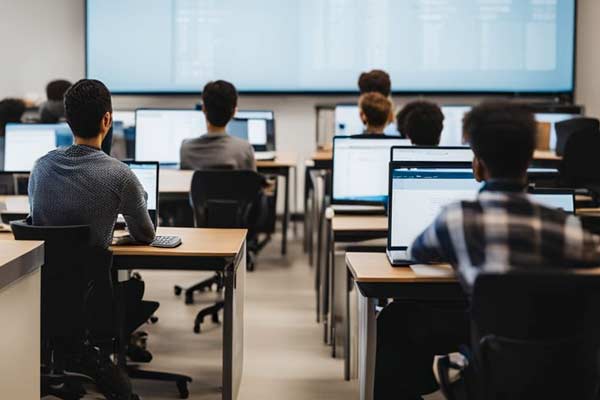Is Music GCSE Hard? A Clear Answer to Your Question
The General Certificate of Secondary Education (GCSE) is a qualification students in the United Kingdom take at 15-16. It is an important milestone for students as it determines their eligibility for higher education and career opportunities.
One of the subjects that students can choose to take for their GCSE is music. However, many students wonder if music GCSE is hard and whether they should choose it as one of their subjects.
Music GCSE involves various skills, such as composition, performance, and theory. Students are required to demonstrate their knowledge and understanding of musical elements, styles, and genres.
They must also perform solo and ensemble pieces, compose music, and write essays on musical topics. These tasks require high skill and knowledge, making music GCSE challenging for some students.
However, whether or not music GCSE is hard depends on the individual student’s abilities and interests.
Understanding GCSE Music
GCSE Music is a subject that requires students to have a good understanding of musical elements, context, and language.
It covers various types of music, including gaming music, pop, broadway, traditional music like the blues and Latin music, and music from different periods, like Western classical tradition between 1650-1910.
Coursework Requirements
The coursework requirements for GCSE Music are standard across different examination boards. Students need to complete two components: performance and composition.
The performance component requires students to perform pieces on their chosen instrument or voice, and the composition component requires students to compose pieces of music.
The coursework requirements for GCSE Music may seem challenging, but with the proper preparation and practice, it is possible to achieve good grades.
Students should practice their instrument or voice regularly and seek teacher feedback to improve their performance.
🌟 Hey Students! 🚀 Ready for the ultimate experience? Join us on Studentsinside.com's Facebook, YouTube, WhatsApp, and LinkedIn. Click now for tips, fun, and success vibes! 🌈✨ #StudentLife #JoinUs
Similarly, students should practice composing music regularly and seek teacher feedback to improve their composition skills.
Examination Structure
The GCSE Music exam consists of three components: Performing, Composing, and Appraising. The Appraising component is further divided into a Written Exam and a Listening Exam.
Written Exam
The Written Exam is worth 40% of the total GCSE marks and is divided into two sections: Listening and Study Pieces.
The Listening section involves unfamiliar music and is worth 68 marks, while the Study Pieces section is worth 28. The exam lasts for 1 hour and 30 minutes.
To prepare for the Written Exam, students must understand music theory, musical terms, and how to analyze and evaluate music. They should also be able to recognize different musical styles and genres.
Listening Exercises
The Listening Exam is worth 20% of the total GCSE marks and consists of listening exercises and written questions using music excerpts. The exam lasts for 1 hour.
To prepare for the Listening Exam, students should listen to a wide range of music and be able to recognize different musical elements such as melody, harmony, rhythm, and texture. They should also be familiar with various musical forms and structures.
Performance Assessment
The Performing component is worth 30% of the total GCSE marks and involves solo, ensemble, and/or group performance. Students must perform for at least 4 minutes, and a visiting examiner will assess their performance.
To prepare for the Performance Assessment, students should practice regularly and seek feedback from their teachers and peers. They should also be able to interpret and perform different musical styles and genres.
Composition Assessment
The Composing component is worth 30% of the total GCSE marks and involves composing two pieces of music: one to a brief and one free composition. Students must submit a score and a recording of each composition.
Students should experiment with different musical ideas and techniques to prepare for the Composition Assessment. They should also be able to use music notation software and understand music theory well.
Preparation Strategies
Revision Techniques
Students should familiarize themselves with the musical elements and language to prepare for the Music GCSE. Revision resources such as Bitesize, ISM, and Quizlet can be helpful for this purpose.
It is also recommended that students practice listening to different genres of music and analyzing their musical elements.
When preparing for a written exam, students should concentrate on grasping the various question types presented in the exam paper.
They should also practice answering past papers to get a feel for the exam format and to identify areas where they need to improve.
Practical Performance Tips
For the practical component of the Music GCSE, students are required to perform solo and ensemble pieces. To prepare for this, students should practice regularly and aim to build their confidence when performing in front of others.
It can also be helpful to record their performances and listen back to identify areas for improvement.
When performing music, paying attention to musical elements such as rhythm, melody, and harmony is essential. Students should also aim to convey emotion and expression in their performances.
Composition Techniques
In the composition component of the Music GCSE, students are required to create their pieces of music. Students should practice composing regularly and experiment with different musical elements and structures to prepare for this.
An excellent way to begin is by crafting a simple melody or chord sequence and then expanding upon it to form a more intricate composition.
Students should also pay attention to musical language and use appropriate terminology when describing their compositions.
Role of Technology in GCSE Music
Technology plays a crucial role in GCSE Music. It offers students a range of tools to help them compose, record, and produce their music.
Technology empowers students to explore various sounds, instruments, and effects, enabling them to craft one-of-a-kind and original music compositions.
Music software is an essential tool for GCSE Music students. It can be used for notation, sequencing, and sound recording. Students can use music software to create and edit their compositions, record live instruments or vocals, and mix and master their tracks.
Some popular music software in GCSE Music include Sibelius, Logic Pro, and Cubase.
Another crucial aspect of GCSE Music involves MIDI (Musical Instrument Digital Interface). MIDI is a technology that enables electronic musical instruments, computers, and various devices to communicate.
It enables students to connect their instruments to their computers and use them to control their music software. MIDI also allows students to record their performances and edit them later.
Digital audio workstations (DAWs) are also commonly used in GCSE Music. DAWs are software applications for recording, editing, and producing audio files.
They provide students various tools to manipulate and enhance their recordings, including EQ, compression, reverb, and delay. Some popular DAWs in GCSE Music include Ableton Live, Pro Tools, and FL Studio.
Importance of Musical Genres and History
Music is not just about enjoying catchy tunes; it’s also about exploring its rich history and the cultural stories that shape it.
Different musical genres like classical, pop, rock, and world music have distinct features and historical origins that define them.
Delving into the history of music is crucial for those who aspire to work in the industry or simply want to enhance their understanding and love for music.
For instance, delving into the life and compositions of renowned composers like Beethoven can offer valuable insights into the development of classical music and its profound influence on the world of music.
World music is another essential aspect of music education. It encompasses a wide range of traditional and folk music from different regions of the world, including African, Asian, and Latin American music. Studying world music can broaden students’ horizons and expose them to diverse cultures and musical traditions.
Understanding musical genres and history is also crucial for GCSE Music exam students.
The exam covers various topics, including elements of music, music appreciation, classical orchestral music, music for dance, contemporary music, and world music.
Therefore, a solid understanding of musical genres and history can help students perform better on exams.
Support and Resources
Preparing for any GCSE exam can be challenging, but students can achieve their best with the proper support and resources. The Music GCSE is no exception, and many resources are available to help students succeed.
You can kickstart your journey on the AQA website, a great resource hub for teachers and students.
It has planning, teaching, assessment tools, essential information about the curriculum, and critical dates. Teachers can also get updates through email.
Students prepping for their exams have many online resources to help them out. Think of revision guides, practice papers, and online tutorials.
The top websites for Music GCSE revision are BBC Bitesize, MyMusicTheory, and MusicTheory.net. Plus, students can find advice on social media like Twitter and Facebook groups.
In addition to online resources, students can benefit from extra-curricular activities such as music lessons, choir, or joining a band. These activities help students improve their practical skills and confidence in performing and composing music.








